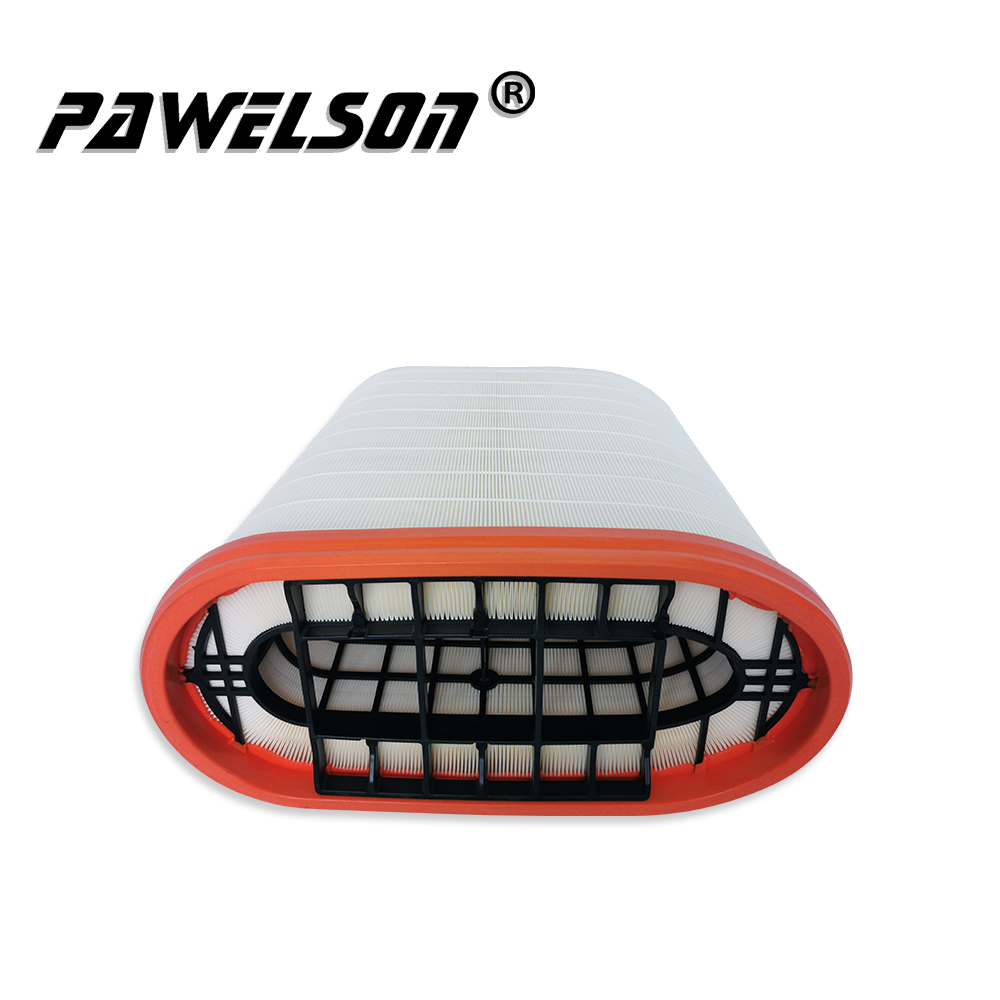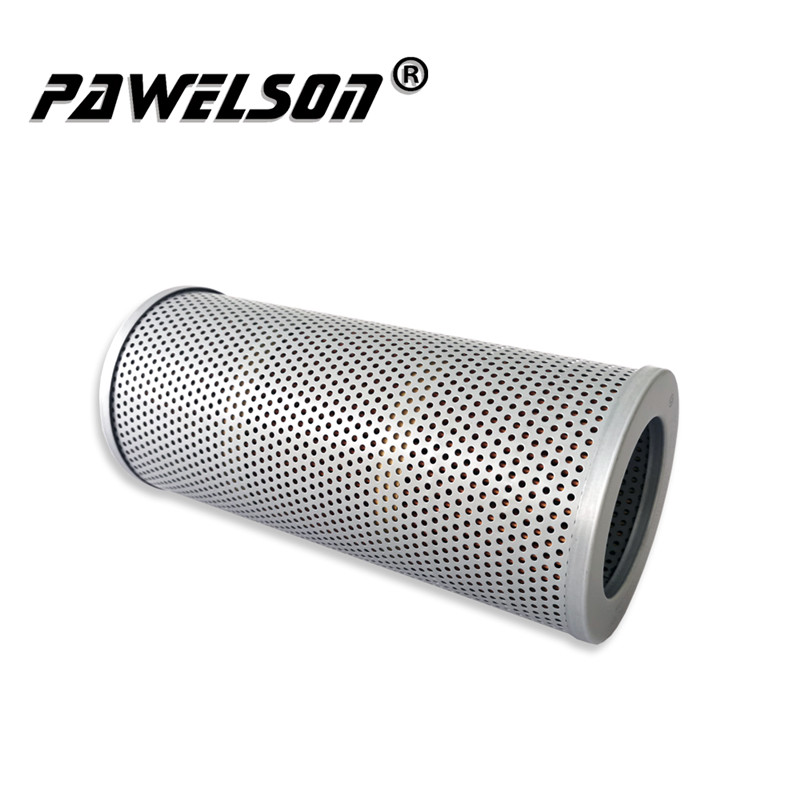Our top picks for the best cabin air filters will ensure that you consistently breathe fresh air in your car.
We may earn revenue from the products available on this page and participate in affiliate programs. Learn more › Turbo Air Filter

Cabin air filters clean the air that gets into a car’s cabin. They're placed in a vehicle’s ventilation system and trap dust, moisture, moisture, soot, and even bugs. Cabin air filters are real lifesavers for people who hate to deal with the smell of dust, dirt, and exhaust fumes in their cars. The downside is that they get clogged over time and you need to replace them. Our review will show you some of the best cabin air filters that can replace your clogged-up cabin filter.
This is one of the most popular and praised cabin air filters on the market. FRAM offers efficiency every step of the way, allowing its users to breathe fresh and clean air. With the well-designed and durable filter, you can protect yourself from up to 98 percent of dust, pollen, and other contaminants.
Keeps the air clean without influencing the performance of the ventilation system
Possesses a special is the mixture of baking soda and carbon
Large and thick size makes installation tough
Some complained about the filter not delivering a fresh fragrance as stated in the product description
EPAuto CP285 is a cabin air filter that traps harmful contaminants that pass through your ventilation and make you cough or sneeze and make your car smell musty. It removes dust, soot, pollen, moisture, and other contaminants from the air and keeps it fresh for the driver and passengers. The filter is made of a quality material that's durable and can last you for 12 months without compromising on its performance.
Contains activated carbon and baking soda, which absorb odors from the ventilation system
Easy to install and fits perfectly in its holding unit without leaving any gaps
Prevents premature wear of the vehicle’s HVAC system
Fewer folds (pleats) than other cabin air filters
The baking soda becomes useless after a few months
ACDelco CF188 is one of the best aftermarket air filters that traps 100 percent of large airborne particles. The product features advanced filter media technology, with three layers of non-woven material that keeps pollen, dust, smoke, and other pollutants from penetrating your HVAC system. The outer layer captures the large particles, the middle layer traps the small particles, and the final layer reinforces the filter to make it stable and durable.
Your car will always smell fresh
Protects from harmful air pollutants
Not a carbon air filter and therefore doesn’t effectively prevent bad smells
Users state it doesn’t fit some of the vehicles advertised by the manufacturer
The Spearhead cabin air filter is an extremely durable item designed to provide excellent performance and more comfort. With the three-stage filtration system, the item efficiently filters debris, exhaust fumes, and allergens. You'll notice the improvement from your old air filter right after installation and finally enjoy fresh air.
Three filters in one: a dust filter, an antimicrobial filter, and an absorption filter
Some users had difficulties fitting the filter into its home
The Bosch Automotive filter is designed to collect microscopic pollutants such as pollen, mold, and allergens, allowing you to breathe fresh air in your vehicle. It fits a wide range of vehicles, including different models from Chevrolet, Hyundai, Kia, and Saturn.
Highly efficient at trapping small particles
Features a melt-blown electrostatic layer and an extra static cotton layer to ensure excellent results
Structural ribs are added to make the filter more stable and durable
Might reduce airflow due to thickness
The instructions are a little confusing about which side goes up
This Hengst air filter is a reliable and affordable option suitable for all those who need to replace their old and worn-out filters. It's well-made, durable, and versatile. It fits most vehicle types, and the manufacturer provides a handy chart you can use to make sure it will fit yours.
Advanced technology that helps with trapping even the smallest particles
Removes allergens and keeps bacteria and mold far away from passengers
Still might experience strong smells
Some buyers complained about having to replace the filter sooner than expected
The thin layer tends to wear off quickly
This is a well-made filter designed to capture all kinds of harmful particles, starting with dirt, dust, soot, and pollen. It prevents unhealthy bacteria and mold from growing in the vehicle, keeping passengers safe and making rides more comfortable.
Doesn't reduce the airflow and allows for your HVAC system to work flawlessly
Installs in almost all popular vehicle types
Simple installation that won't take up a lot of time
More expensive than other regular filters available on the market
Even though it's very universal, users still have to double-check dimensions
We went for the FRAM CF10134 as our top pick because it’s the best filter to keep your vehicle smelling fresh and it gets rid of 98 percent of pollutants that cause allergic reactions.
Our budget-friendly pick is the EPAuto CP285, a reasonably priced carbon filter that improves HVAC performance.
You've got questions. The Drive has answers.
A. Cabin air filters improve HVAC performance. If you've never replaced your factory cabin air filter, chances are that it’s clogged up and your HVAC system is not supplying enough air to your car. The HVAC system may also be noisy. Consider buying a new cabin air filter to unclog your HVAC system and improve the life of its vital componentry. They get rid of bad odors. Do you get a musty smell coming out of your ventilation system every time you turn it on? You should consider getting a cabin air filter replacement that has activated carbon or charcoal to absorb bad odors. It can improve the air quality in your car and help alleviate symptoms of motion sickness in some passengers. Finally, they reduce allergic reactions. If you're constantly sneezing, coughing, or wheezing whenever you're on a long drive, you need a new carbon air filter to take care of those allergies. The carbon air filter will trap dust, pollen, and other allergens that may affect your health.
A. Under $10: Most cabin air filters at this price range are good quality—the fact that they're inexpensive doesn’t mean they aren't durable. You'll find some decent filters with activated carbon, charcoal, or electrostatic elements, and most are good for at least 12,000 miles. $10 and up: This is the common price range for most cabin air filters, but the price barely shoots to more than $20 unless you're getting a pack of two or more. The filters are durable and made of high-quality materials. Just like the cheaper versions, the filters in this range come in all types including particle cabin filters with no special ingredients.
A. Longevity. The average life of a cabin air filter is about one year or 12,000 miles. But that doesn’t mean you can’t get a quality product that pushes over that limit. Some filters have a life span of 30,000 miles, and some are strong enough to be reused once you give them a good wash. Driving conditions. The filter you go for largely depends on your driving conditions. If you regularly drive through polluted urban environments, you need a cabin air filter that can get rid of musty odors and exhaust fumes. If you're in a rural environment and your main problem is dust, you could get a less complicated cabin filter that only filters out dust and other allergens.
A. Clean your vents at least once a month, and more frequently during cold weather. When cold air flows through a hot engine, moisture droplets form in areas that receive little ventilation, promoting mold growth. That’s how you get the musty smell coming from your HVAC system. Remember to replace your filters at least every 15,000 miles. The longer your filters are in use, the more dirt they accumulate. Eventually, they wear out. Old filters aren't effective in preventing bad odors—they limit airflow in your vents and lead to window fogging. When replacing an old filter, always put cardboard underneath it before sliding it out. All the dirt from the old filter will fall on the cardboard, and you'll avoid the extra work of having to clean the dirt off your ventilation system.
A. Your cabin air filters are probably full of dirt and need to be cleaned or replaced. Cabin air filters accumulate a lot of dust and dirt with time, and the airflow automatically gets blocked. Clean the filter if it’s not worn out, or consider buying a new filter if your old one is falling apart.
A. Most manufacturers recommend that you change your cabin air filter after every 15,000 miles. You should also change it when you start to notice bad odors that won’t go away or insufficient airflow from your vents even after you wash the filter.
A. Most cars built after the year 2000 have a cabin air filter. Some European luxury cars from 1980 were also built with a cabin filter. An average car typically has only one, but luxury models have up to three filters. The cabin filter is located beneath the base of your vehicle’s windshield or behind the glove box.
Our reviews are driven by a combination of hands-on testing, expert input, “wisdom of the crowd” assessments from actual buyers, and our own expertise. We always aim to offer genuine, accurate guides to help you find the best picks.
Sign Up For Our Newsletters
The chronicle of car culture, delivered to your inbox.
© 2023 Recurrent Ventures. All Rights Reserved.
Articles may contain affiliate links which enable us to share in the revenue of any purchases made.

Loader Cabin Air Filter Some benefits of our Car Shopping program may not be available in your area. Please see terms for details.